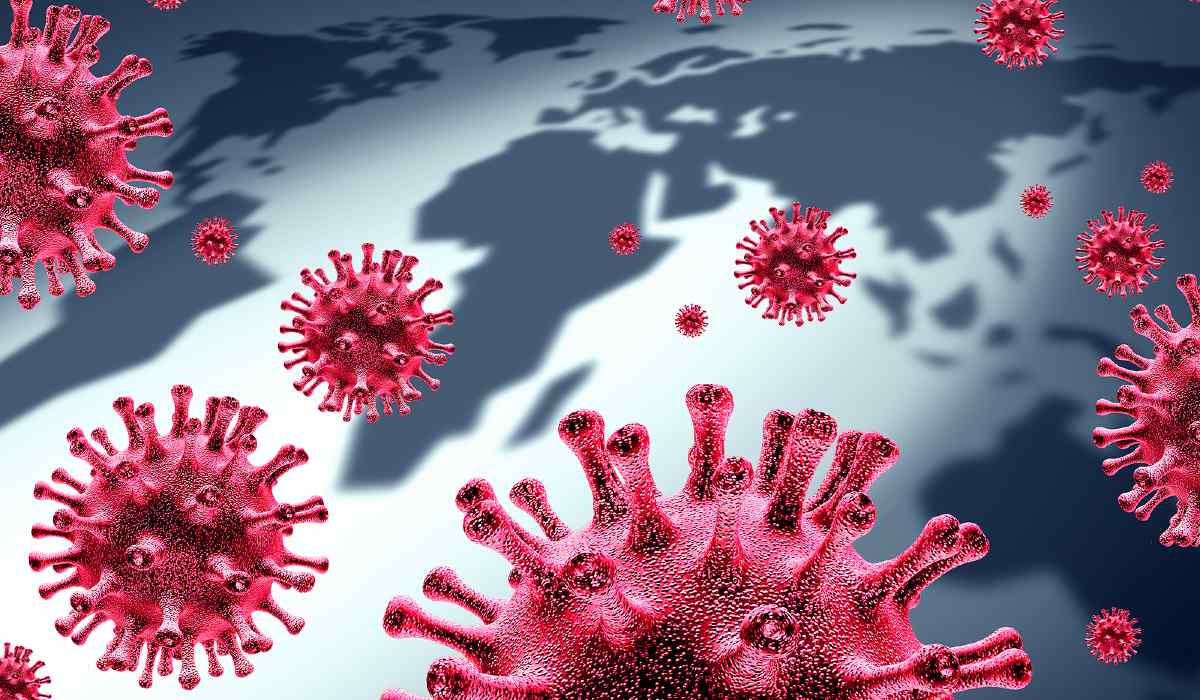
Does the world need another international treaty to deal with future pandemics?
23 leaders say that the world needs to be prepared
Even as nations struggle to cope with Covid-19 catastrophes, 23 world leaders have called for the adoption of an international pandemic treaty. Amongst the signatories are the leaders of the United Kingdom, Germany, South Africa, France, and Indonesia, as well as Tedros Adhanom Ghebreyesus, the head of the World Health Organisation.
Notable by their absence were the heads of the United States, China, Brazil and India.
The text of their joint statement explains:
The main goal of this treaty would be to foster an all of government and all of society approach, strengthening national, regional and global capacities and resilience to future pandemics. This includes greatly enhancing international co-operation to improve, for example, alert systems, data-sharing, research and local, regional and global production and distribution of medical and public health counter-measures such as vaccines, medicines, diagnostics and personal protective equipment.
Supporters of a treaty argue that it would prevent countries from “going it alone”, would encourage sharing of information and technologies, and, most importantly, would foster a more equitable distribution of treatment. To date, although 1 billion people have been vaccinated, 90% of them are in just 10 countries. In Africa, only 2% of people have received a vaccine.
Surprisingly, this “we’re all in this together” proposal has been widely criticised. “The pandemic treaty offers an opportunity to bring political power to a flailing governance mechanism,” Claire Wenham, of the London School of Economics, wrote in The Guardian. “But there is no way of guaranteeing that governments would abide by it at time of crisis, as we have seen during Covid-19. Why do our current political leaders think that their successors will act any differently?
A South African academic, Yousuf Vawda, a law professor at the University of KwaZulu-Natal, says dismissively, “It would not be excessive to say that some proponents of the new initiative want it to serve as a smokescreen to divert attention from the shameful response to the Covid-19 pandemic by rich countries.”
Even Nature – though broadly sympathetic — expressed its scepticism in an editorial: “After the 2008 global financial crisis, world leaders realized that parts of the architecture of international finance needed to be mended. But you cannot fix a broken system in the middle of a crisis.”
Michael Cook is the editor of BioEdge
Creative commons
https://www.bioedge.org/images/2008images/World-Health-Coronavirus-Outbr.jpeg
